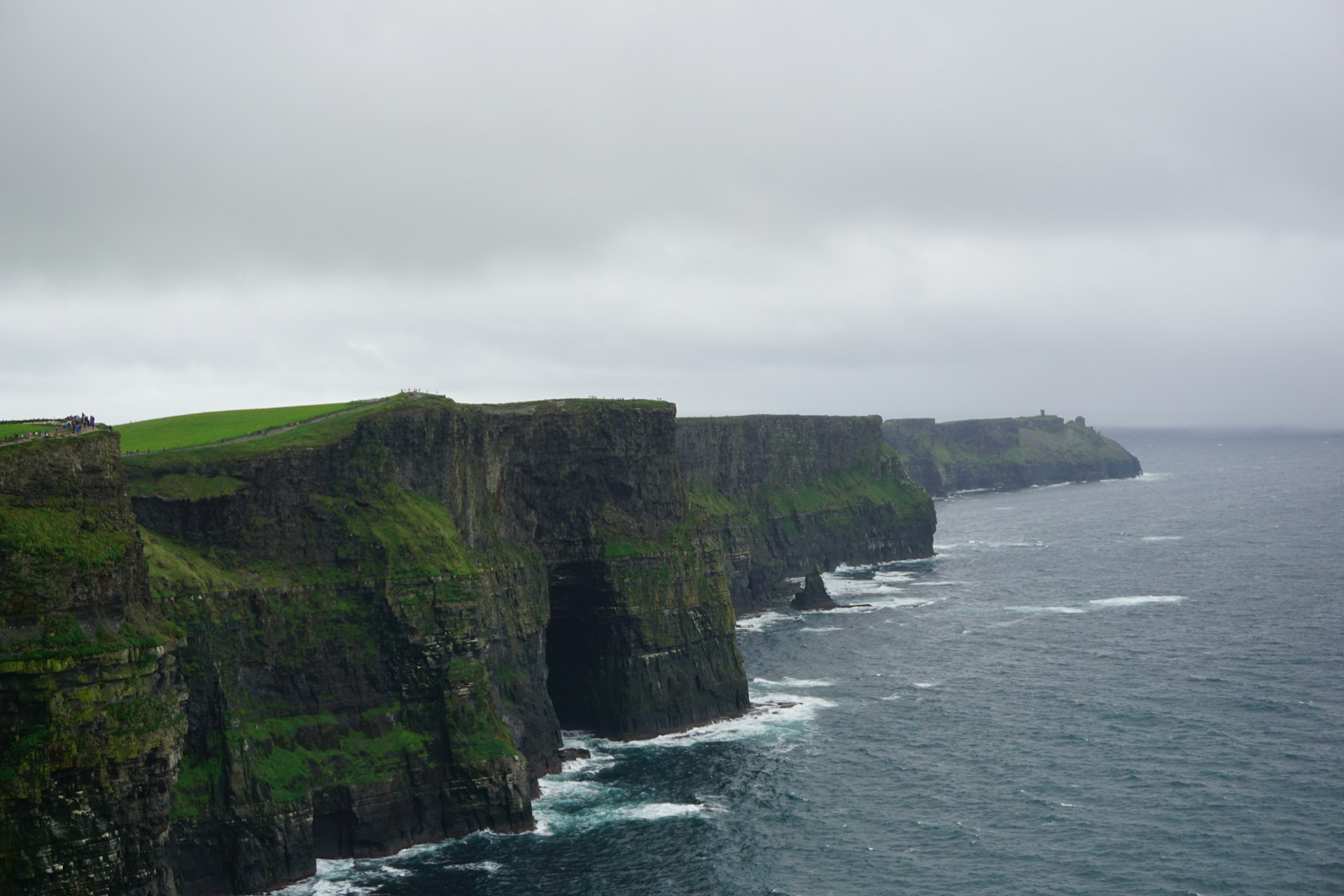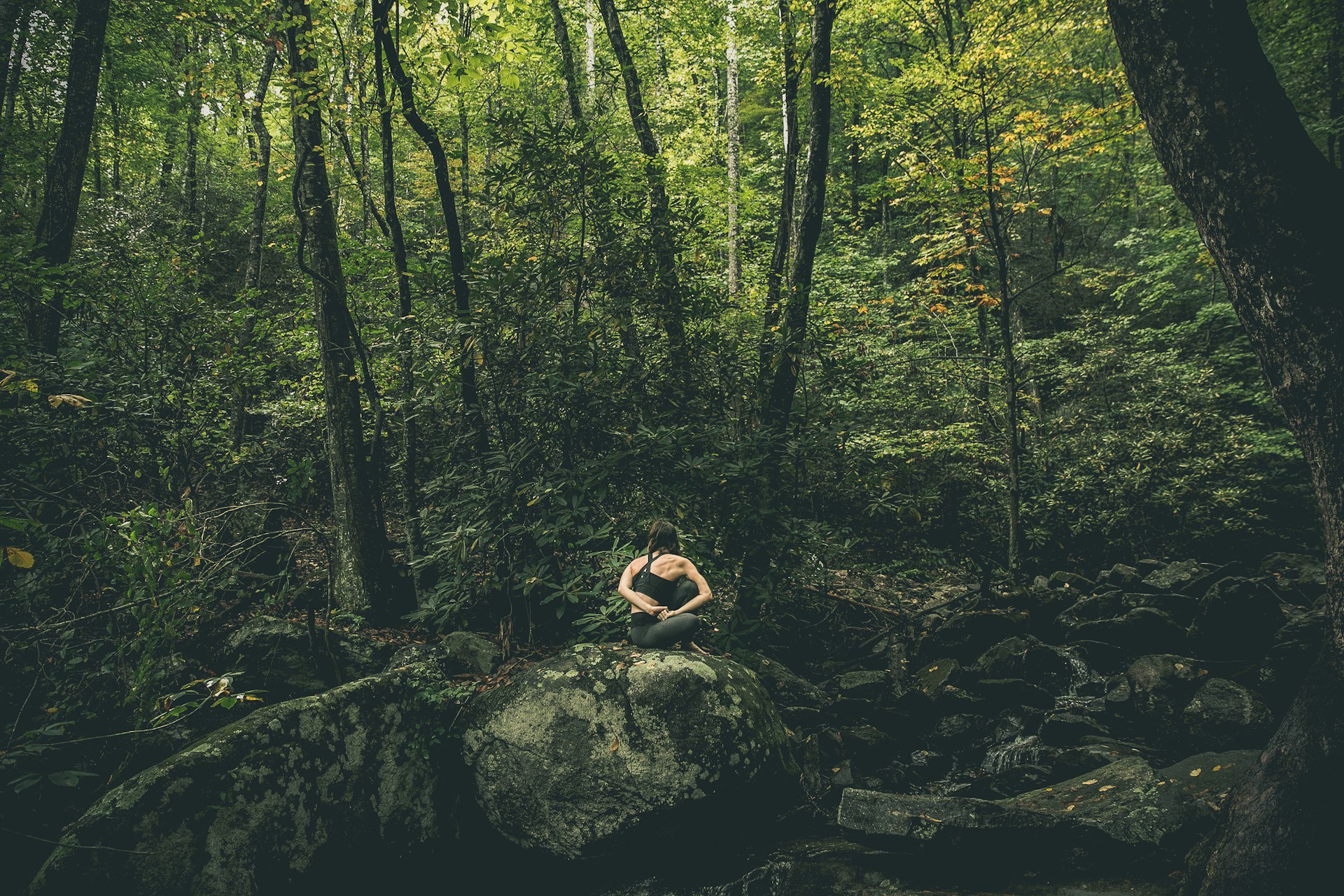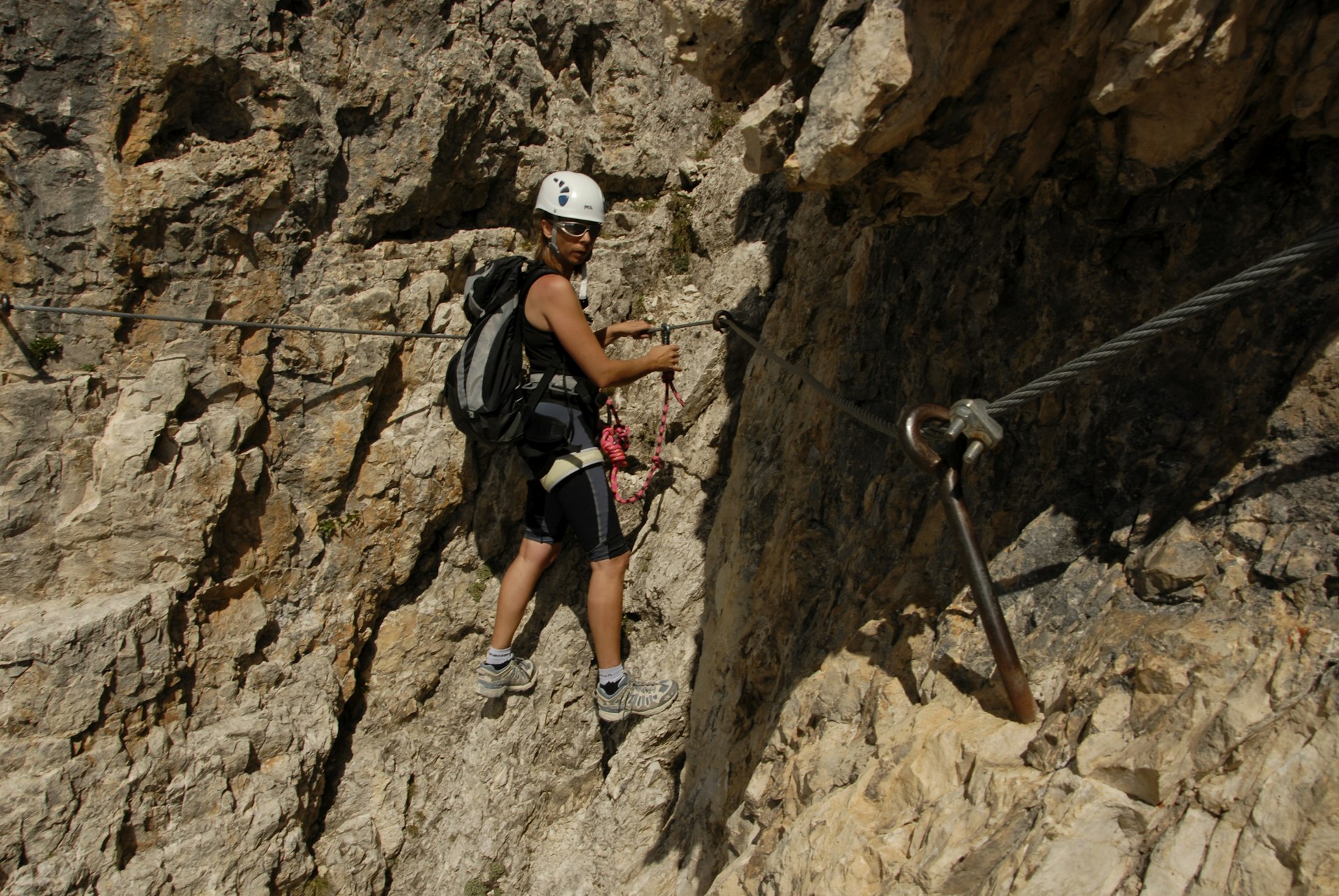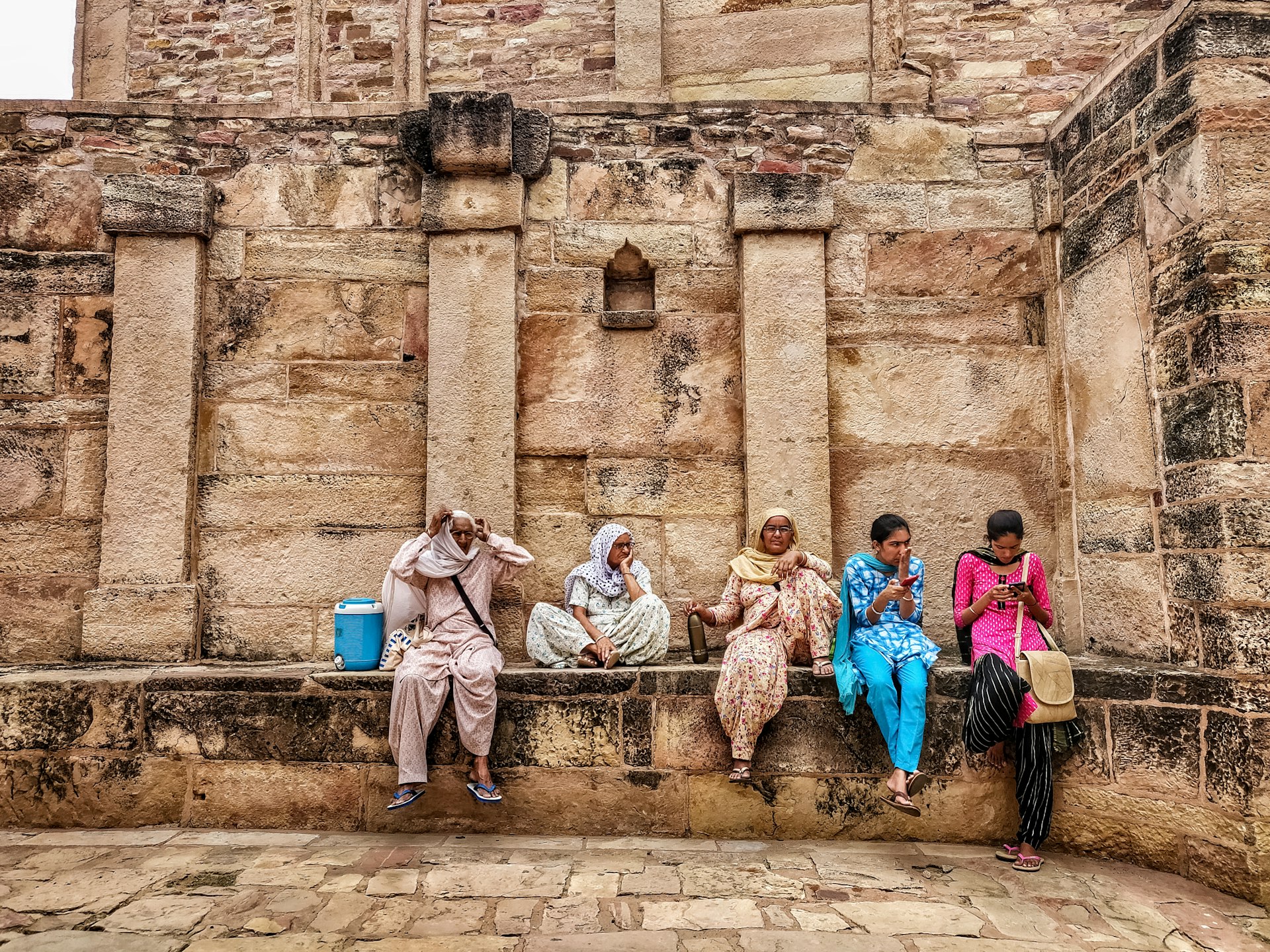The Future of Holistic Wellness Retreats: Trends, Experience, and How to Access Transformative Wellbeing

Photo by Markus Winkler on Unsplash
Introduction: The Evolution of Holistic Wellness Retreats
In the next decade, holistic wellness retreats are poised to become more than temporary escapes-they are transforming into immersive experiences that foster lasting change for mind, body, and spirit. Driven by innovations in mental health, personalized care, sustainability, and integrative therapies, these retreats are responding to the growing demand for authentic, evidence-based, and individualized wellbeing solutions. As travel recovers and consumers seek deeper purpose, wellness tourism is projected to reach $1.35 trillion by 2028, reflecting its rapid ascent and global impact [4] .
Mental Health as the Cornerstone of Future Retreats
Mental health has become a central pillar in holistic wellness. Modern retreats are emphasizing emotional resilience, stress management, and psychological healing, often blending clinical psychology with holistic therapies such as meditation, yoga, and breathwork [3] . Examples like The Dawn Wellness Resort in Thailand and Quantum Prana in Bali offer immersive programs featuring professional psychological care alongside nurturing, off-grid environments. This integrative approach is particularly effective for those seeking help with depression, anxiety, PTSD, and trauma.
To access these mental health-focused retreats, consider the following steps:
- Research reputable retreat centers that specifically advertise integrative mental health programs. Use search terms such as “mental health retreat” or “integrative healing retreat” in conjunction with location preferences.
- Review client testimonials and case studies to gauge program effectiveness and credibility.
- Directly contact retreat coordinators to inquire about their approach to psychological care and holistic integration.
Many retreats partner with licensed psychologists and therapists, ensuring treatments are both evidence-based and holistic [3] . If you require specialized support, ask about tailored programs that address your specific mental health needs.
Personalization and Data-Driven Wellness Experiences
The era of generic wellness programs is fading. Future retreats leverage advanced wearables, genetic insights, and environmental data to design individualized strategies for nutrition, fitness, and stress management [1] . Personalized itineraries might include sleep diagnostics, heart rate variability tracking, and bespoke activity plans. SquadTrip and similar platforms help planners manage client preferences and create custom wellness journeys [5] .
To access personalized retreat experiences:
- Seek out wellness centers or travel planners who offer data-driven assessments, such as biometric screenings or sleep studies as part of their programs.
- Ask about the integration of genetic or environmental factors into their wellness planning process.
- If available, use wearable devices during your retreat for real-time feedback and tailored recommendations.
Programs like those at Como Shambhala Estate in Bali and Miraval in Arizona exemplify this trend, offering yoga, meditation, and artistic workshops adapted to individual needs [4] .

Photo by Ahmet Kurt on Unsplash
Sustainability and Eco-Conscious Practices
Sustainability is now a non-negotiable feature of leading holistic retreats. Eco-friendly venues prioritize natural settings, minimize environmental impact, and support local communities. Indigenous healing traditions, herbal remedies, and cultural ceremonies are increasingly central to authentic wellness experiences [4] . Wai Ariki Hot Springs in Rotorua, New Zealand, for example, integrates ancient healing methods with modern wellness offerings.
For those seeking sustainable retreats:
- Look for certifications such as LEED or local sustainability awards when selecting a retreat center.
- Ask about the use of local, organic produce and environmentally conscious infrastructure.
- Research the center’s commitment to cultural respect and community engagement.
Many retreats now offer programs that honor indigenous traditions and support biodiversity, creating a restorative experience for both guests and the environment.
Integrative Healthcare and Medical Partnerships
The future of holistic wellness is integrative, blending alternative therapies with conventional medical care. Hospitals and clinics increasingly offer acupuncture, herbal remedies, functional medicine, and post-surgery recovery programs in serene, nature-filled environments [2] . The Philippines and destinations like The Farm at San Benito are setting new standards for post-procedure recovery, combining evidence-based medicine, traditional healing, and holistic wellness [3] .
To access integrative healthcare retreats:
- Consult with your healthcare provider about partnering with retreat centers for post-operative recovery or chronic condition support.
- Search for wellness centers affiliated with hospitals or medical organizations that offer integrative therapies.
- Request detailed program information, including evidence-based practices and credentialing of practitioners.
Always verify the credentials and medical partnerships of any retreat offering integrative care. Ask about their approach to pain management, emotional balance, and supportive therapies during serious illness.
Specialized Retreats and Wellness Tourism Growth
Wellness tourism is diversifying, with retreats specializing in fertility, menopause, family wellbeing, and sleep optimization. Family retreats, for example, offer educational tours and programs for the physical and mental wellbeing of children and parents, fostering healthy relationships in scenic natural environments [5] . Sleep-focused retreats provide diagnostics, gut health guidance, and relaxation techniques to address growing sleep dissatisfaction [4] .
To find specialized retreats:
- Use targeted search terms such as “fertility retreat,” “menopause support retreat,” or “family wellness retreat” in reputable travel platforms.
- Review program offerings to ensure they address your specific needs, from medical support to educational enrichment.
- Connect with retreat organizers for tailored recommendations and itinerary planning.
Digital detox retreats, which help travelers reset mental clarity by unplugging from technology and reconnecting with nature, are particularly popular among those seeking relief from digital fatigue [2] .
Accessing Holistic Wellness Retreat Opportunities
With rapid industry growth and more options than ever before, navigating the world of holistic wellness retreats requires a strategic approach:
- Research : Use trusted travel platforms and wellness tourism reports to identify emerging destinations and verified retreat centers. Consider reading the Global Wellness Institute blog for up-to-date industry insights.
- Verification : Ensure retreat centers are accredited, have transparent practices, and provide clear program details. Look for client reviews and independent testimonials.
- Direct Engagement : Contact retreat coordinators and practitioners to discuss your needs, program customization, and available support services.
- Consult Professionals : For medical or mental health-related retreats, consult your healthcare provider for recommendations and to ensure continuity of care.
- Alternative Pathways : If you cannot find a suitable retreat with verified credentials, seek out local wellness centers, community programs, or virtual wellness experiences that incorporate holistic practices.
Remember, high-quality holistic retreats prioritize individualized care, evidence-based therapies, sustainability, and authentic healing traditions. Take time to explore multiple options and ask detailed questions about their offerings before committing.
Key Takeaways and Future Outlook
Holistic wellness retreats are rapidly evolving to meet the demands of a more health-conscious, purpose-driven society. With mental health, personalization, sustainability, integrative healthcare, and specialization at their core, these experiences promise deep transformation and genuine restoration. As the sector grows, guests will find more accessible, tailored, and impactful wellness journeys available worldwide. Prospective participants should focus on research, verification, and direct communication with retreat providers to ensure a safe and beneficial experience.
References
- [1] Thera Wellness (2025). Future of Wellness 2025: Trends Shaping Holistic Living.
- [2] Danu Wellness (2025). The 2025 Wellness Trends You Need to Know.
- [3] Global Wellness Institute (2025). Wellness Tourism Initiative Trends for 2025.
- [4] Copper Well Retreat (2025). 2025 Wellness Tourism Report.
- [5] SquadTrip (2025). 13 Top Wellness Travel Trends in 2025.
MORE FROM visa4visit.com













